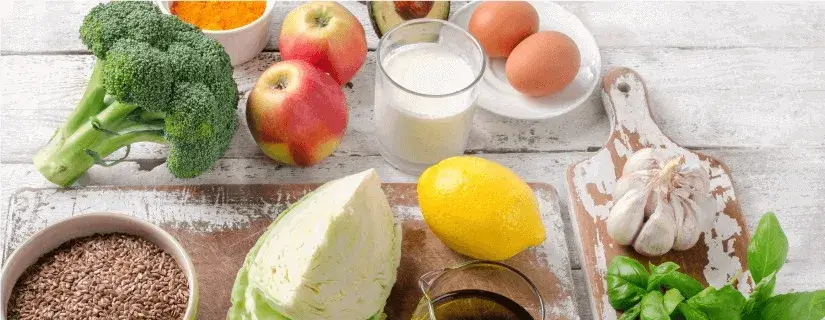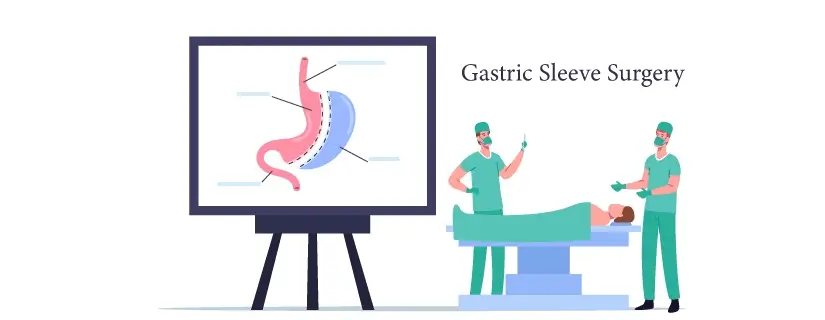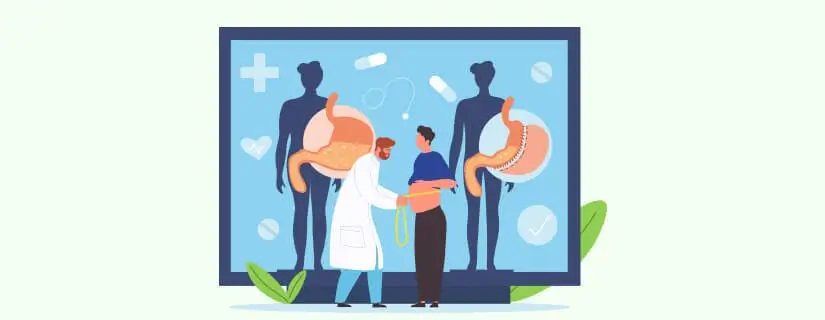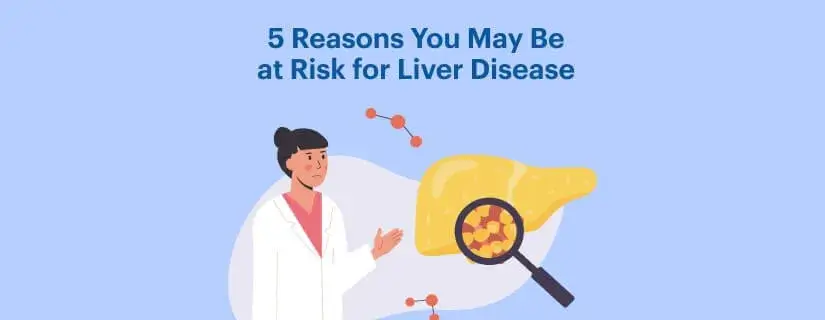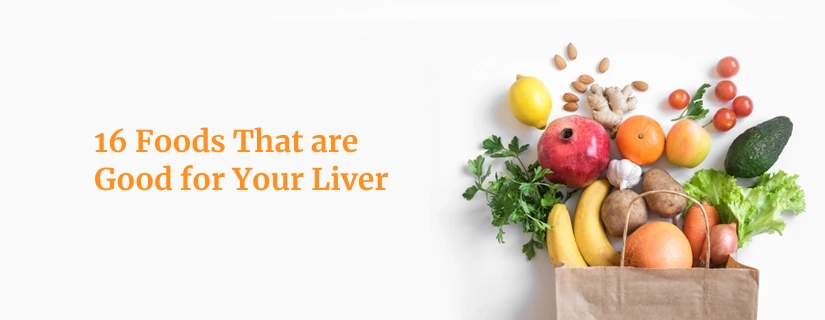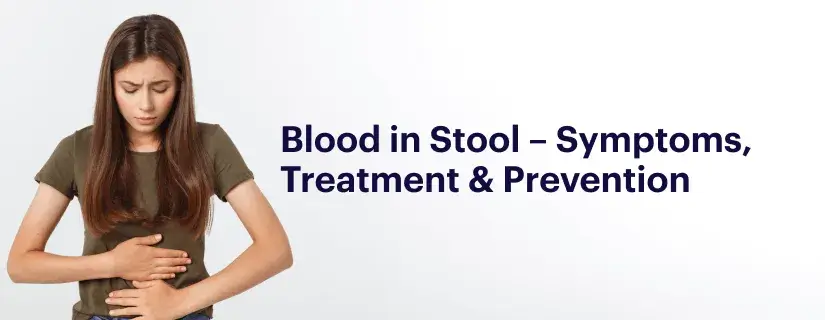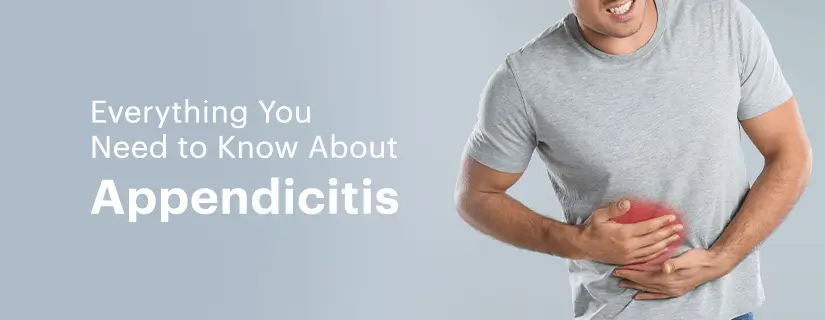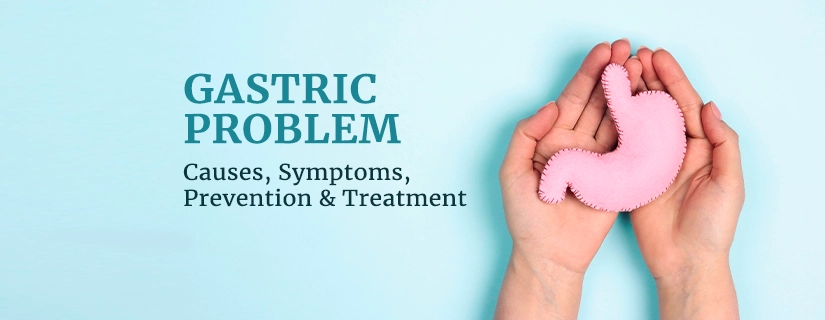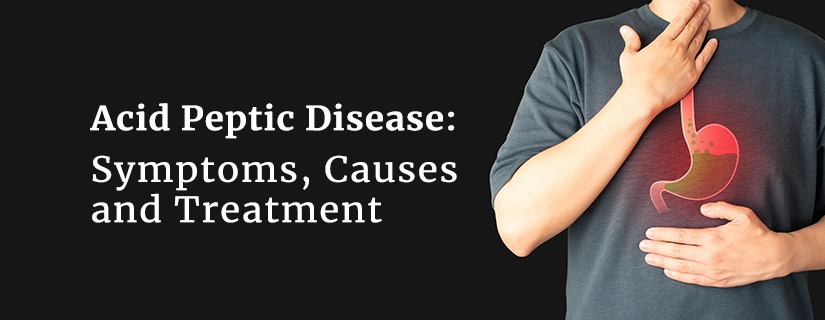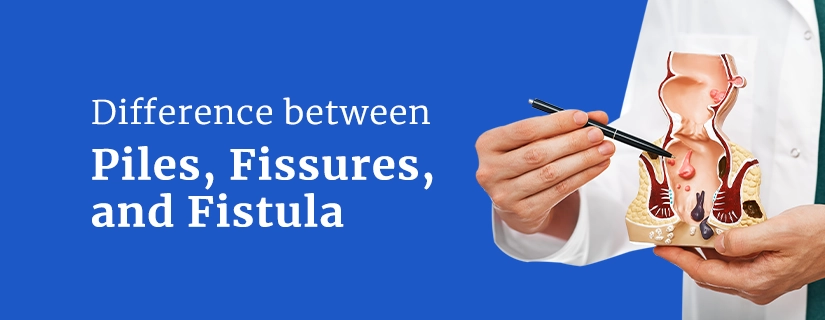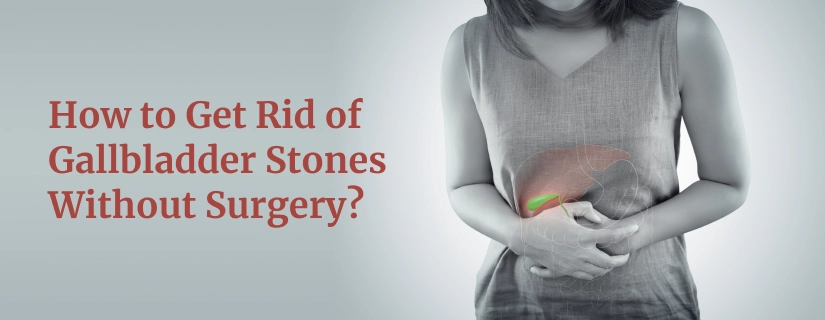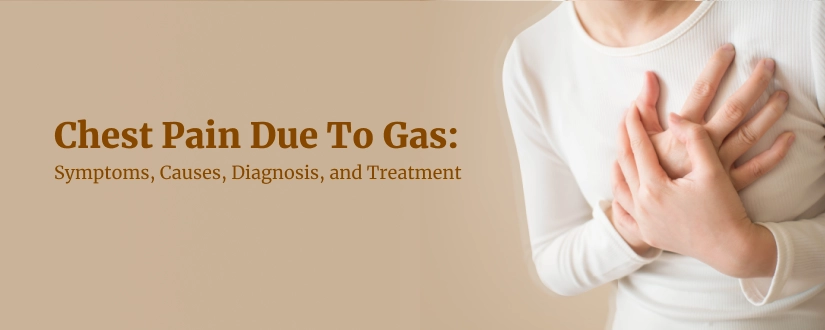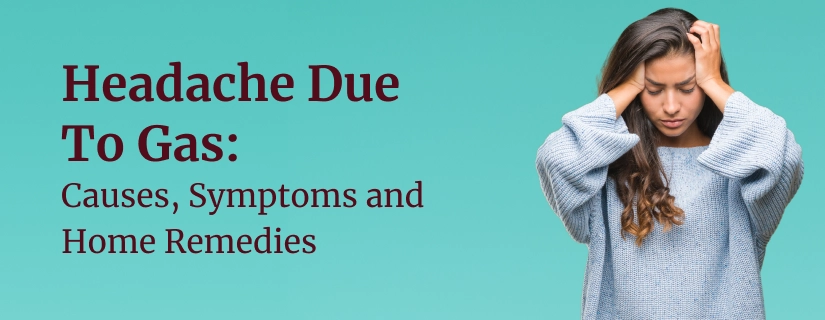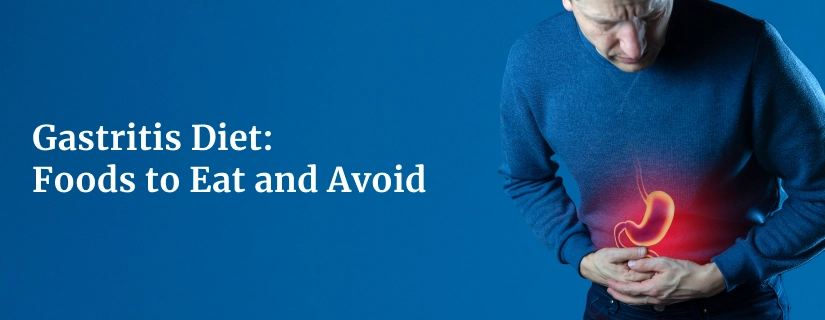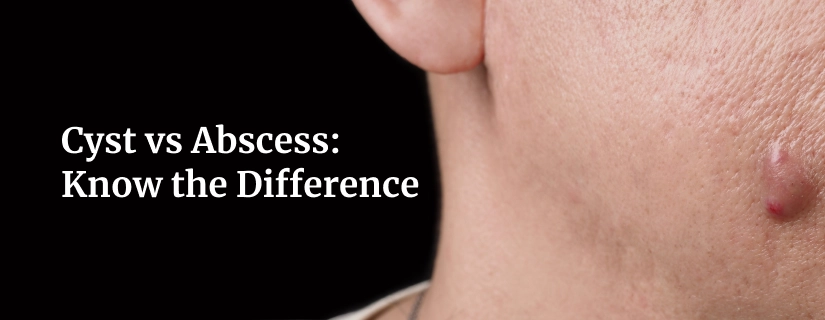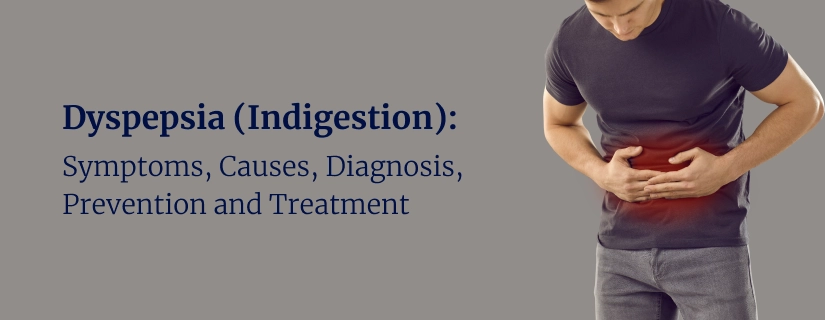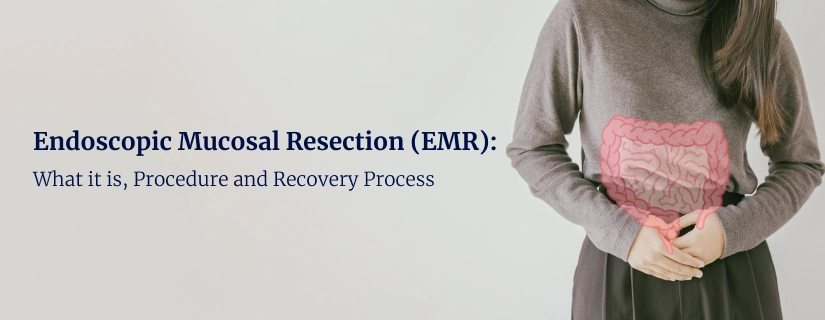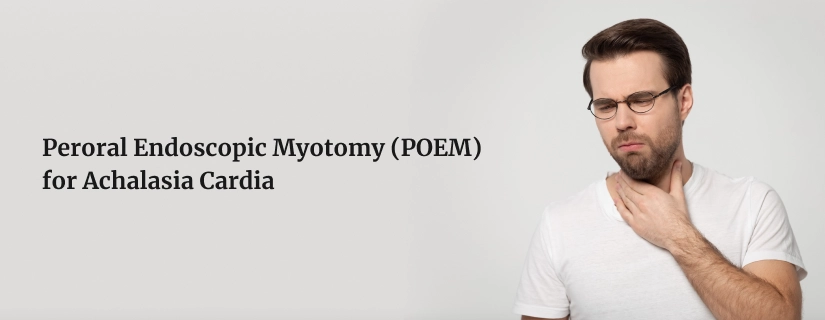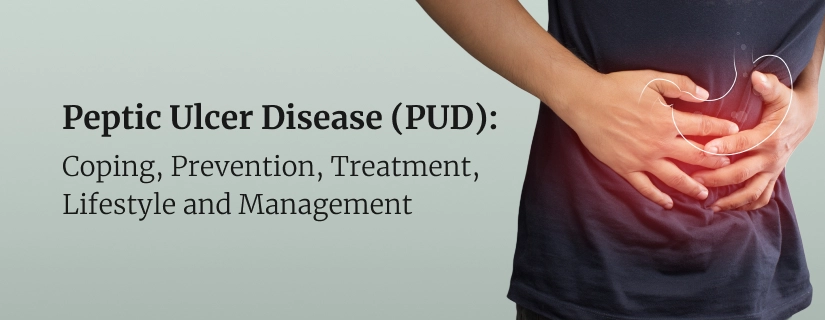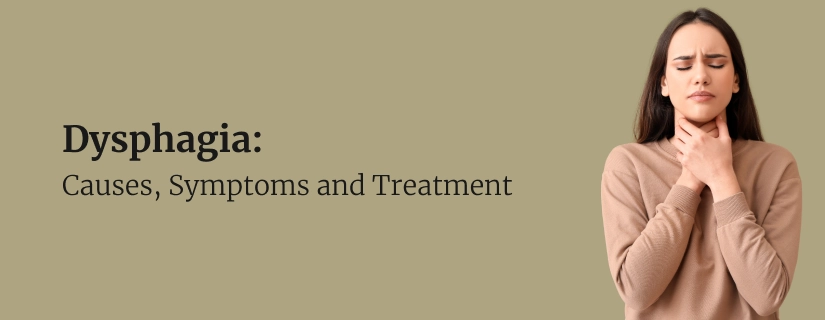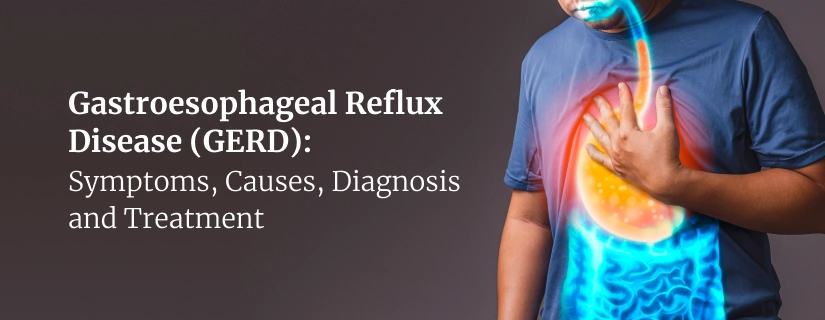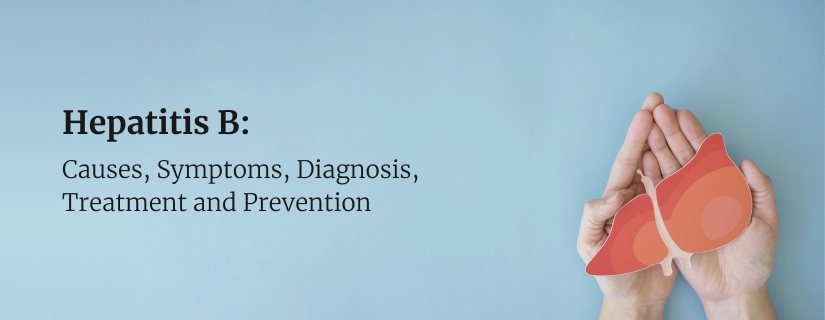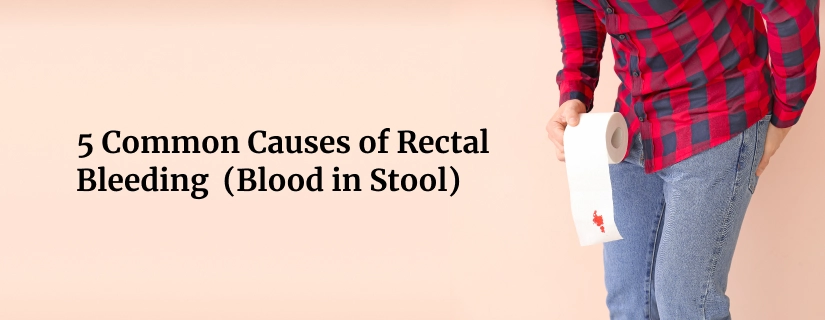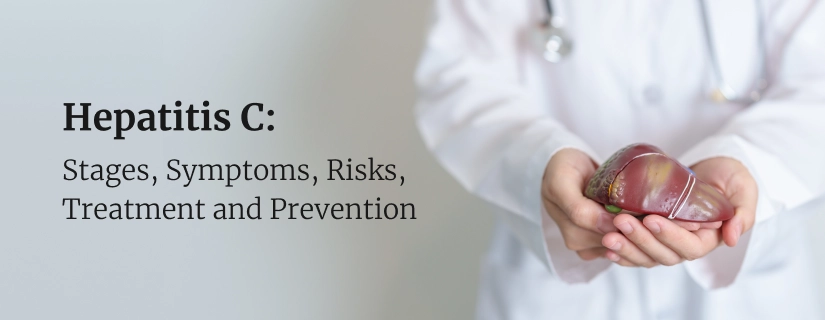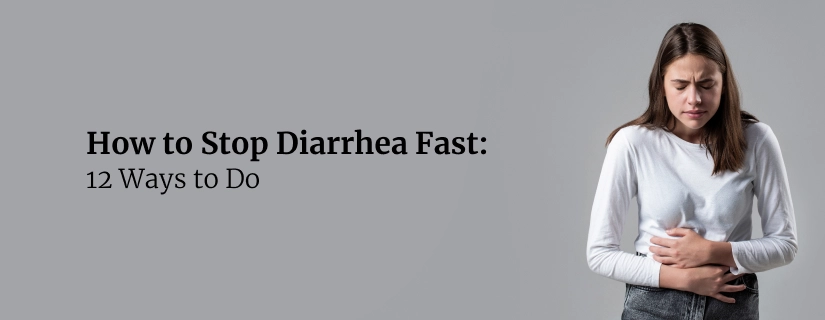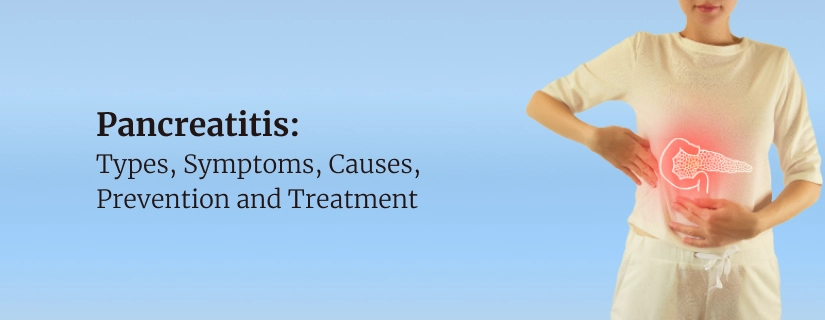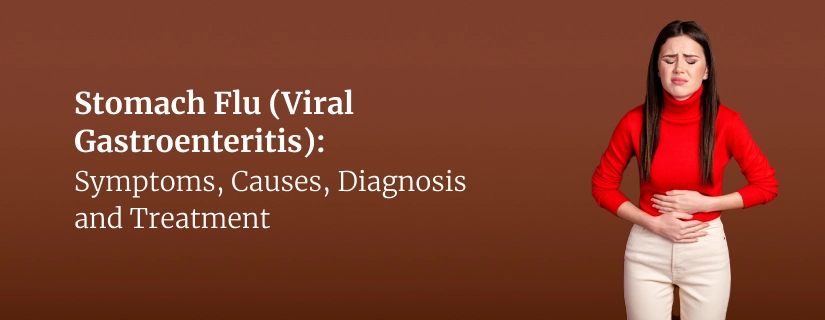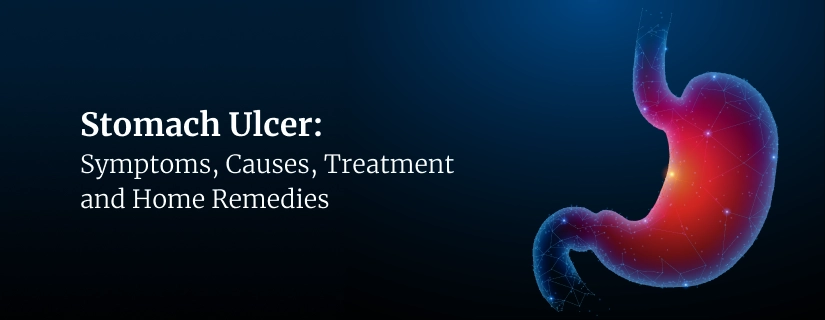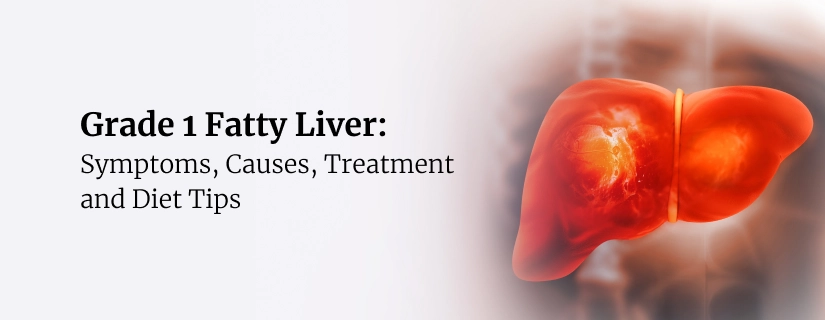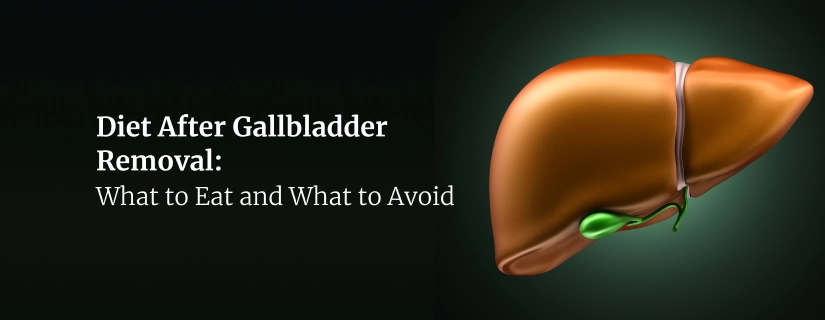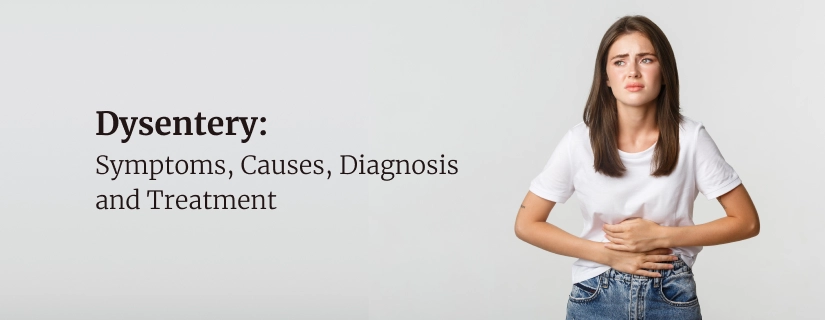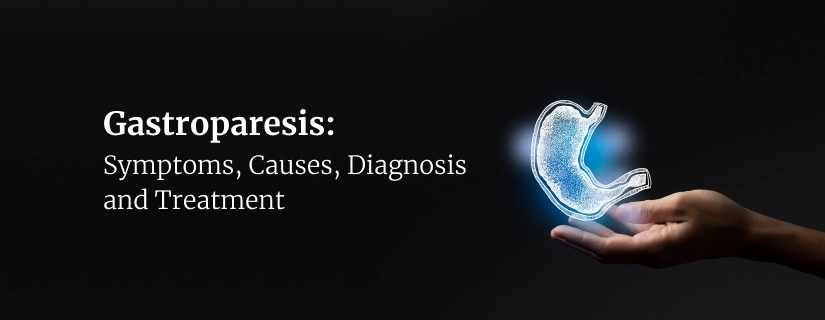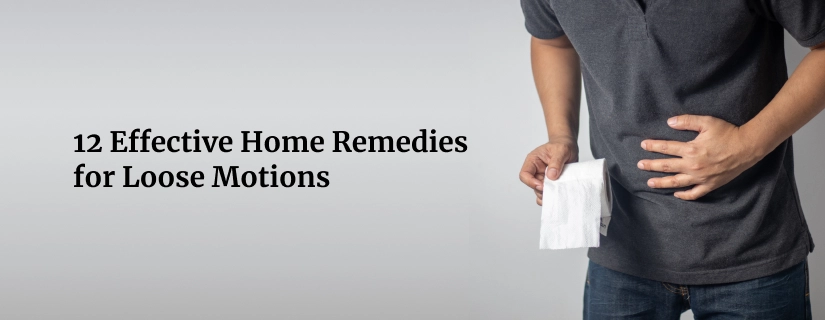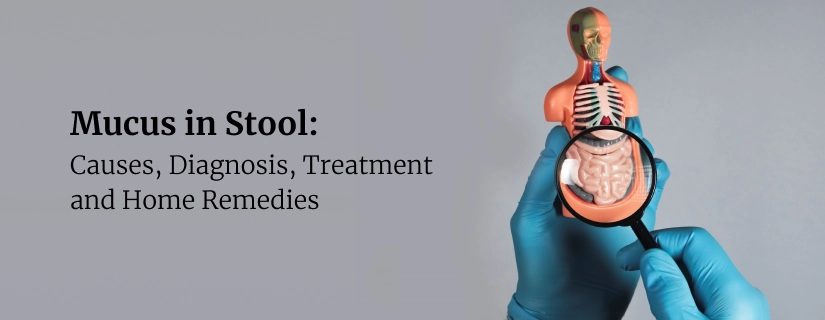-
Doctors
-
Specialities & Treatments
Centre of Excellence
Specialties
Treatments and Procedures
Hospitals & Directions HyderabadCARE Hospitals, Banjara Hills CARE Outpatient Centre, Banjara Hills CARE Hospitals, HITEC City CARE Hospitals, Nampally Gurunanak CARE Hospitals, Musheerabad CARE Hospitals Outpatient Centre, HITEC City CARE Hospitals, Malakpet
HyderabadCARE Hospitals, Banjara Hills CARE Outpatient Centre, Banjara Hills CARE Hospitals, HITEC City CARE Hospitals, Nampally Gurunanak CARE Hospitals, Musheerabad CARE Hospitals Outpatient Centre, HITEC City CARE Hospitals, Malakpet Raipur
Raipur
 Bhubaneswar
Bhubaneswar Visakhapatnam
Visakhapatnam
 Nagpur
Nagpur
 Indore
Indore
 Chh. Sambhajinagar
Chh. SambhajinagarClinics & Medical Centers
Book an AppointmentContact Us
Online Lab Reports
Book an Appointment
Consult Super-Specialist Doctors at CARE Hospitals
Upper Gastrointestinal (GI) Bleed: Symptoms, Causes, Diagnosis, Prevention and Treatment
Updated on 12 February 2024
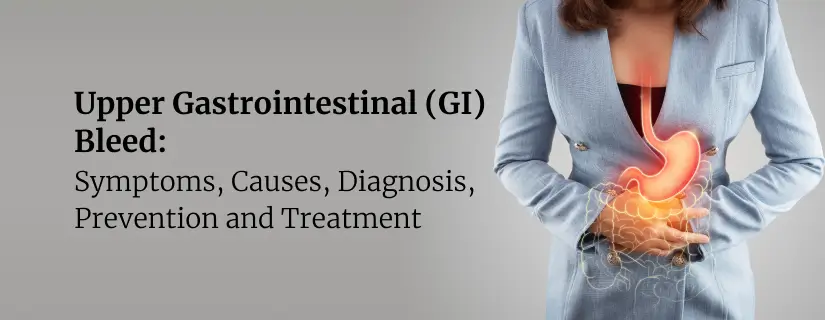
Upper gastrointestinal (GI) bleeding occurs when there is bleeding in the upper part of the digestive system, which includes the oesophagus, stomach, and the first part of the small intestine (duodenum). This can happen due to various reasons, such as stomach ulcers, inflammation, or ruptured blood vessels. Symptoms may include vomiting blood, passing dark, tarry stools, and feeling lightheaded. It's a serious condition that requires prompt medical attention to identify the cause of the bleeding and to prevent complications.
Causes of Upper GI Bleed
Understanding the causes of upper gastrointestinal (GI) bleeding is essential for proper diagnosis and treatment. Here are five common reasons for upper GI bleed:
- Peptic Ulcers: Open sores in the lining of the stomach or duodenum can lead to bleeding, often caused by factors like Helicobacter pylori infection or the use of certain medications.
- Esophageal Varices: Enlarged veins in the oesophagus, often associated with liver disease, can rupture and cause significant bleeding.
- Gastritis: Inflammation of the stomach lining, often due to infection or irritants like alcohol or NSAIDs, can result in bleeding.
- Mallory-Weiss Tears: Tears in the mucous membrane where the oesophagus meets the stomach, often caused by severe vomiting or retching, can lead to bleeding.
- Esophagitis: Inflammation of the oesophagus, commonly due to gastroesophageal reflux disease (GERD), can result in erosions and bleeding.
Symptoms of Upper GI Bleed
If you suspect an upper gastrointestinal (GI) bleed, watch out for these symptoms:
- Vomiting Blood: If you notice blood in vomit, it could indicate bleeding in the upper digestive system.
- Dark, Tarry Stools: Stools that appear black and sticky might suggest bleeding in the stomach or upper intestines.
- Lightheadedness or Dizziness: Feeling dizzy or lightheaded could be a sign of significant blood loss.
- Abdominal Pain or Discomfort: Unexplained abdominal pain or discomfort may accompany an upper GI bleed.
- Weakness and Fatigue: Ongoing bleeding can lead to weakness and fatigue due to a decrease in the body's blood supply.
If you or someone you know experiences these symptoms, seek immediate medical attention, as upper GI bleeding can be a serious and potentially life-threatening condition.
Upper GI bleed Diagnosis
Here are some key diagnostic approaches:
- Medical History and Examination: The doctor asks about symptoms and checks overall health to understand possible causes.
- Blood Tests: Checks for signs of bleeding, like a drop in red blood cells.
- Endoscopy: Uses a tube with a camera to directly see and find the bleeding source in the upper digestive tract.
- Imaging Studies: X-rays or scans create detailed images to locate and assess the bleeding.
- Stool Tests: Examines stool for blood, helping confirm and evaluate the bleeding's extent.
These methods help diagnose and guide treatment for upper GI bleeding. Seek medical help if experiencing symptoms.
Upper GI Bleed Treatment
When it comes to treating upper gastrointestinal (GI) bleeds, prompt medical attention is crucial. Potential treatments include:
- Medications: Doctors may prescribe medications to reduce stomach acid, promote blood clotting, or treat the underlying cause of the bleeding.
- Endoscopy: A procedure where a thin tube with a camera is inserted into the digestive tract to locate and treat the source of bleeding, such as by cauterising or applying medications.
- Blood Transfusion: If significant blood loss has occurred, a blood transfusion may be necessary to replace the lost blood and maintain a stable blood supply.
- Surgery: In severe cases or if other treatments are unsuccessful, surgery may be required to repair the source of the bleeding or remove damaged tissue.
- Supportive Care: Patients may receive supportive care, including intravenous fluids and close monitoring, to stabilise their condition and promote healing.
Recovery After Upper GI Bleed
Recovery, after an upper gastrointestinal (GI) bleed, involves careful management and follow-up care. Here are some key considerations:
- Rest and adequate hydration are crucial for recovery.
- Medications, such as proton pump inhibitors, may be prescribed to reduce stomach acid and promote healing.
- Blood transfusions might be necessary to replace lost blood and improve overall health.
- Follow-up appointments with healthcare providers are essential to monitor progress and address any ongoing concerns.
- Dietary adjustments, like avoiding spicy or irritating foods, can aid in the healing process.
- Lifestyle changes, such as quitting smoking and limiting alcohol intake, can support long-term recovery.
- Close communication with healthcare professionals ensures a comprehensive approach to recovery.
- Monitoring for signs of recurrence or complications is important for ongoing care and well-being.
- Emotional support and counselling may be beneficial for coping with the experience and reducing stress.
Preventive Measures of Upper GI Bleed
To reduce the risk of upper gastrointestinal (GI) bleed, consider the following preventive measures:
- Manage Stress: Practising stress-reduction techniques, such as chronic stress can contribute to GI issues.
- Limit Alcohol Intake: Moderating alcohol consumption can lower the risk of GI bleeding.
- Quit Smoking: Smoking can irritate the digestive tract; quitting reduces this irritation.
- Healthy Eating: Consume a balanced diet with fibre-rich foods to maintain digestive health.
- Medication Management: Use over-the-counter pain relievers cautiously, as some may contribute to GI bleeding.
- Treat Underlying Conditions: Manage conditions like gastroesophageal reflux disease (GERD) to prevent complications.
- Infection Prevention: Address and treat infections promptly to reduce the risk of GI issues.
- Regular Exercise: Engage in regular physical activity to promote overall health and digestive function.
- Maintain a Healthy Weight: Achieving and maintaining a healthy weight can prevent GI problems.
- Regular Check-ups: Schedule routine medical check-ups to monitor and address any emerging health issues.
Risks and Complications Associated with Untreated Upper GI Bleed
Untreated upper gastrointestinal (GI) bleed can lead to serious risks and complications, including:
- Ignoring an upper GI bleed can result in severe blood loss, leading to anaemia and fatigue.
- The untreated bleed may worsen, causing vomiting blood or passing black, tarry stools.
- Prolonged bleeding can lead to shock, a life-threatening condition where the body doesn't get enough oxygen.
- Chronic untreated upper GI bleeding may contribute to long-term health issues, including iron deficiency anaemia.
- In severe cases, untreated upper GI bleed can result in organ damage or failure.
- Failure to address the underlying cause of the bleed can lead to recurrent episodes of bleeding.
- The risk of complications increases if there are delays in seeking medical attention or initiating appropriate treatment.
- Untreated upper GI bleed may contribute to a decreased quality of life due to persistent symptoms and potential complications.
FAQs
1. How is upper GI bleed different from lower GI bleed?
Upper GI bleed involves bleeding in the upper digestive tract (oesophagus, stomach, duodenum), while lower GI bleed occurs in the lower tract (colon, rectum).
2. Can stress or lifestyle factors contribute to upper GI bleeding?
Stress and lifestyle factors can contribute to upper GI bleeding by increasing stomach acid and weakening the protective lining.
3. What are the immediate steps to take if someone is suspected of having an upper GI bleed?
If someone is suspected of having an upper GI bleed, seek emergency medical attention immediately.
4. Are there specific dietary recommendations for individuals prone to upper GI bleeding?
Individuals prone to upper GI bleeding may benefit from a diet that does not include spicy foods, caffeine, and alcohol.
5. Can over-the-counter pain relievers increase the risk of upper GI bleeding?
Over-the-counter pain relievers like NSAIDs can increase the risk of upper GI bleeding.
6. How does alcohol consumption affect the likelihood of upper GI bleeding?
Alcohol consumption can contribute to upper GI bleeding by irritating and eroding the stomach lining.
To Book an Appointment, call:
ENQUIRY FORM
SELECT CATEGORIES
-
Neurosciences (16)
-
Neurology (37)
-
Neurosurgery (14)
-
Orthopaedics (48)
-
Oncology (33)
-
Obstetrics and gynecology (51)
-
Pulmonology (23)
-
Urology (20)
-
Nephrology (13)
-
Psychiatry (7)
-
Dietetics and Nutrition (111)
-
General Medicine (63)
-
Cardiac Sciences (30)
-
Vascular & Endovascular Surgery and Interventional Radiology (10)
-
Gastroenterology (46)
-
Endocrinology (23)
-
Plastic Surgery (10)
-
Critical Care Medicine (5)
-
COVID-19 (16)
-
Dermatology (16)
-
Emergency Care (1)
-
Ophthalmology (4)
-
Pediatrics (14)
-
Laparoscopic and Bariatric Surgery (8)
-
ENT (15)
-
Kidney Transplant (1)
-
Liver Transplantation and Hepatobiliary Surgery (5)
-
General Surgery (3)
-
Internal Medicine (5)
-
Medicine Information
Hepatitis A: Symptoms, Causes, Risks Factors and Treatment
Leaky Gut Syndrome: Symptoms, Causes, Diagnosis, and Treatment
YOU MAY ALSO LIKE
RECENT BLOGS
-

Direct Anterior Approach in Total Hip Replacement: Advantages and Challenges
10 April 2025
Read More
-

Zinc Deficiency: Signs and Symptoms, Causes, Treatment
9 April 2025
Read More
-

Chest Pain When Coughing: Causes, Treatment and Home Remedies
9 April 2025
Read More
-

12 Health Benefits of Eating Mushrooms
8 April 2025
Read More
-

7 Health Benefits of Blood Donation You Should Know About
8 April 2025
Read More
-

Implantation Bleeding Vs Periods: Know the Difference
28 February 2025
Read More
-

Bloating During Ovulation: Symptoms, Causes and Remedies
28 February 2025
Read More
-

Itching During Dengue: Causes, Treatment and Home Remedies
18 February 2025
Read More
Have a Question?
If you cannot find answers to your queries, please fill out the enquiry form or call the number below. We will contact you shortly.




